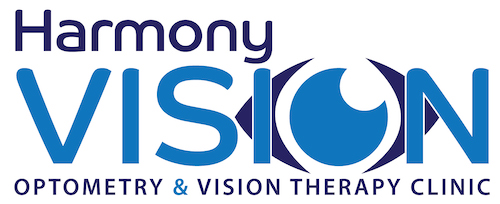 Finding out you need reading glasses comes as quite a shock to many people, particular for those who have spent their entire lives with great sight. It is an unfortunate sign that we are no longer as young as we once were, and there are a whole lot of myths that go hand in hand with needing reading glasses once you are in your 40’s.
Finding out you need reading glasses comes as quite a shock to many people, particular for those who have spent their entire lives with great sight. It is an unfortunate sign that we are no longer as young as we once were, and there are a whole lot of myths that go hand in hand with needing reading glasses once you are in your 40’s.
Naturally, people look for alternatives to the frustrations that glasses bring. Some look for the magic bullet that will bring back youthful vision. Well, eye exercises might improve visual efficiency when you have eye teaming problems, but don’t reverse eye aging, and unfortunately laser eye surgery is only a short term “fix” for the problem, with the effect only lasting about 2 years before vision changes again. There are two non-surgical alternatives to glasses.
1. Orthokeratology – “Ortho-what!?” you may ask. Orthokeratology or Ortho-K is an advanced corneal lens that reshapes your eyes while you sleep, enabling you to achieve clear sight during the day usually without need for further correction from glasses or contact lenses. Ortho-K has been around for some time now to correct myopia or short-sightedness, and recent advancements in technology means that low degrees of longsight can be corrected too.
What are the advantages of Ortho-K over other forms of correction?
- Freedom from glasses
- No eye dryness
- Reversible and adjustable as your prescription changes
- Non-surgical
Not all degrees of longsight can be corrected and it does depend on your individual eye shape.
2. Contact Lenses – There are a wide range of lenses available to use as a part-time or full-time alternative to reading glasses. Some people decide that they might only want them for special occasions, others want to wear them as a day to day alternative to glasses.
How do I know if I am suitable?
We conduct an assessment of your vision, prescription, eye health, and most importantly a detailed digital measurement of your eye shape to determine your suitability for Ortho-K and/or contacts. After determining your suitability, we discuss the pro’s, cons’s and safety with you.
At Harmony Vision , we have many years of experience both fitting and wearing Ortho K lenses and other contact lens options. To discuss further call our office on 07 5520 5900.



 Why the 3D experience can be a little “flat” or uncomfortable for some people…
Why the 3D experience can be a little “flat” or uncomfortable for some people…